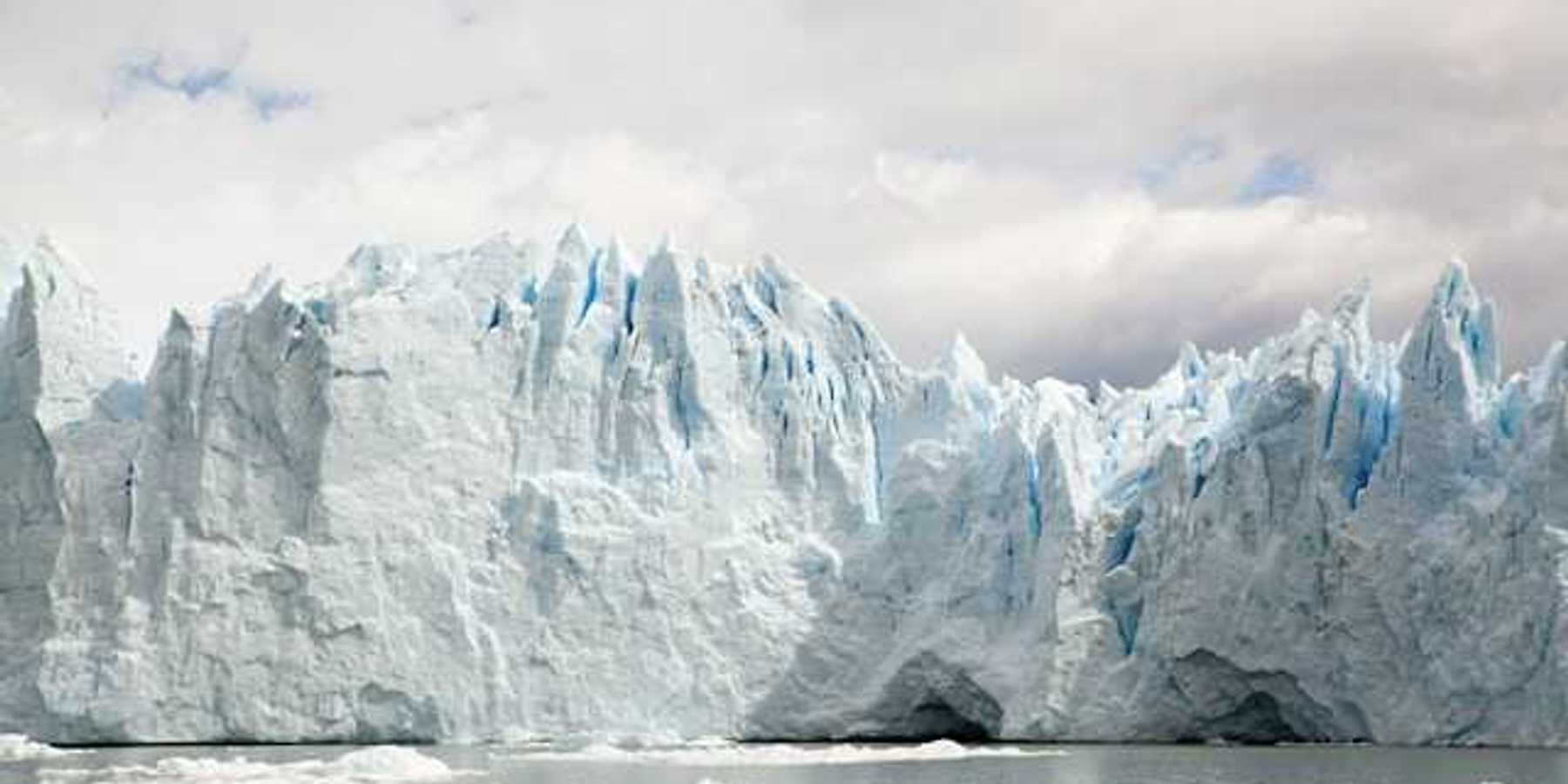European cities are designing streets to push cars out
As U.S. cities struggle with car congestion, many across Europe are rapidly embracing vehicle restrictions to reduce pollution, improve livability and combat climate change.
Chico Harlan reports for The Washington Post.
In short:
- More than 340 cities in Europe have adopted car-reduction policies, from congestion fees to full bans on polluting vehicles in central areas.
- Paris has removed 50,000 parking spaces and shut down major roads to cars, cutting car journeys nearly in half since 1990.
- Some initiatives have met backlash, including legal challenges, protests and vandalism, but cities continue expanding restrictions to improve air quality and health.
Key quote:
“We are a continent of regulation. We regulate, and then things happen.”
— Barbara Stoll, director of the Clean Cities Campaign
Why this matters:
Cities are major drivers of climate emissions, and transportation is a big piece of the puzzle. Cars, especially gas-powered ones, contribute heavily to air pollution, which harms heart and lung health. But the transition isn’t always smooth. In many cities, especially those shaped by mid-century planning, cars still dominate. Efforts to take back space — whether it’s removing parking spots or limiting vehicle access — often provoke backlash. Who gets to use the street, and for what purpose, becomes a question not just of urban design but of equity and identity.
The European experience shows what's possible when cities put people over cars. But it also underscores just how entrenched car culture can be, and how high the stakes are when the future of the street is up for debate.
Read more: Europeans are turning to cargo bikes to ease urban congestion













